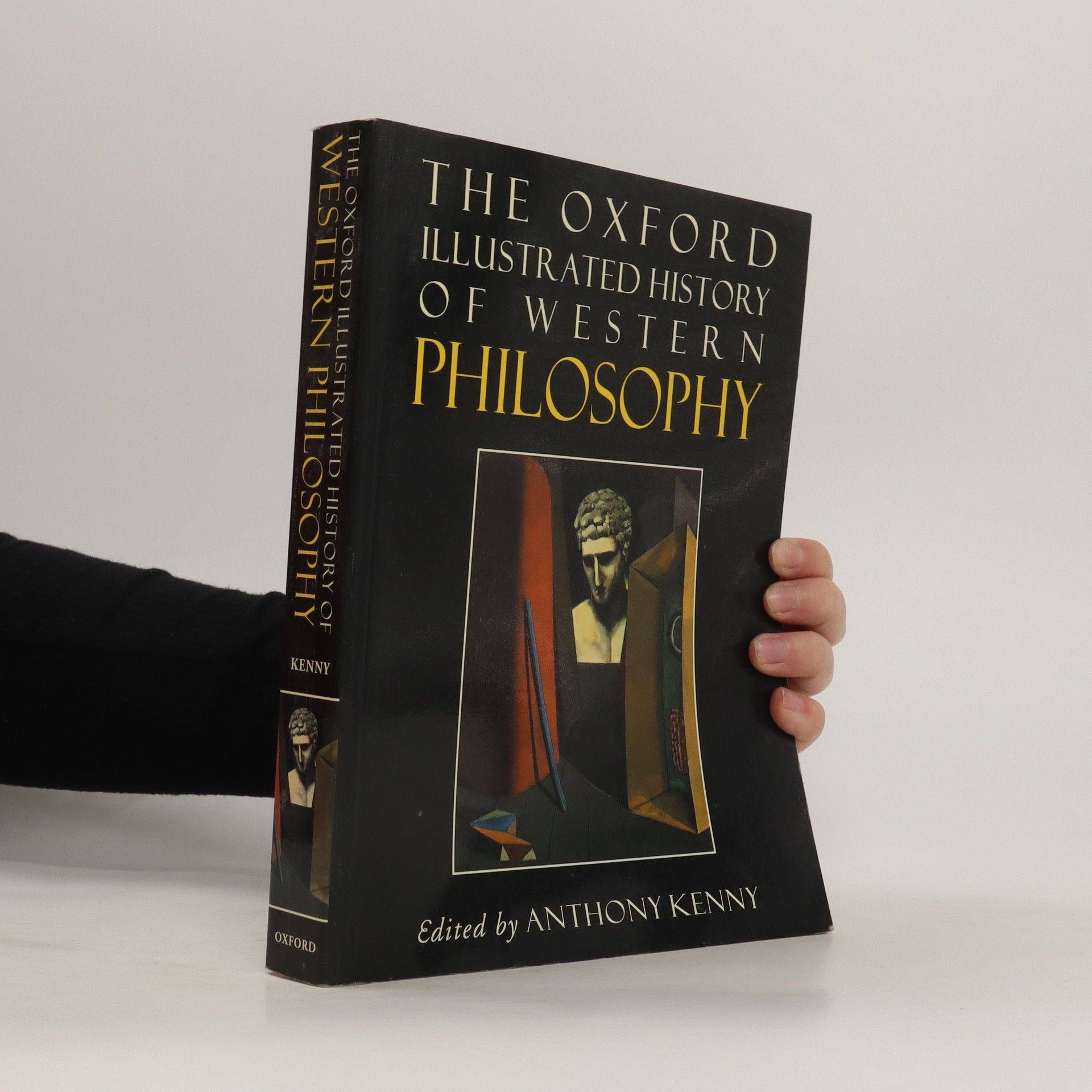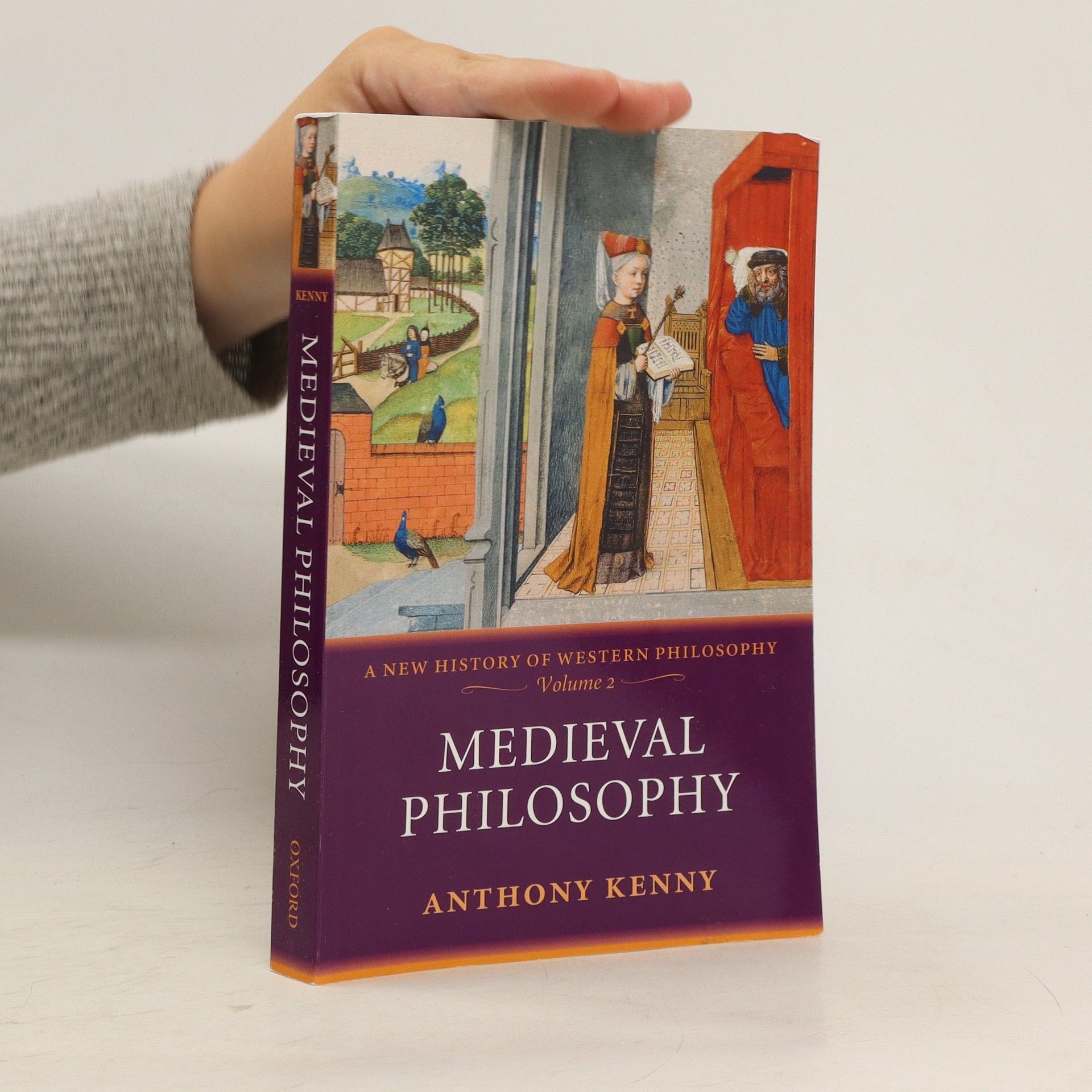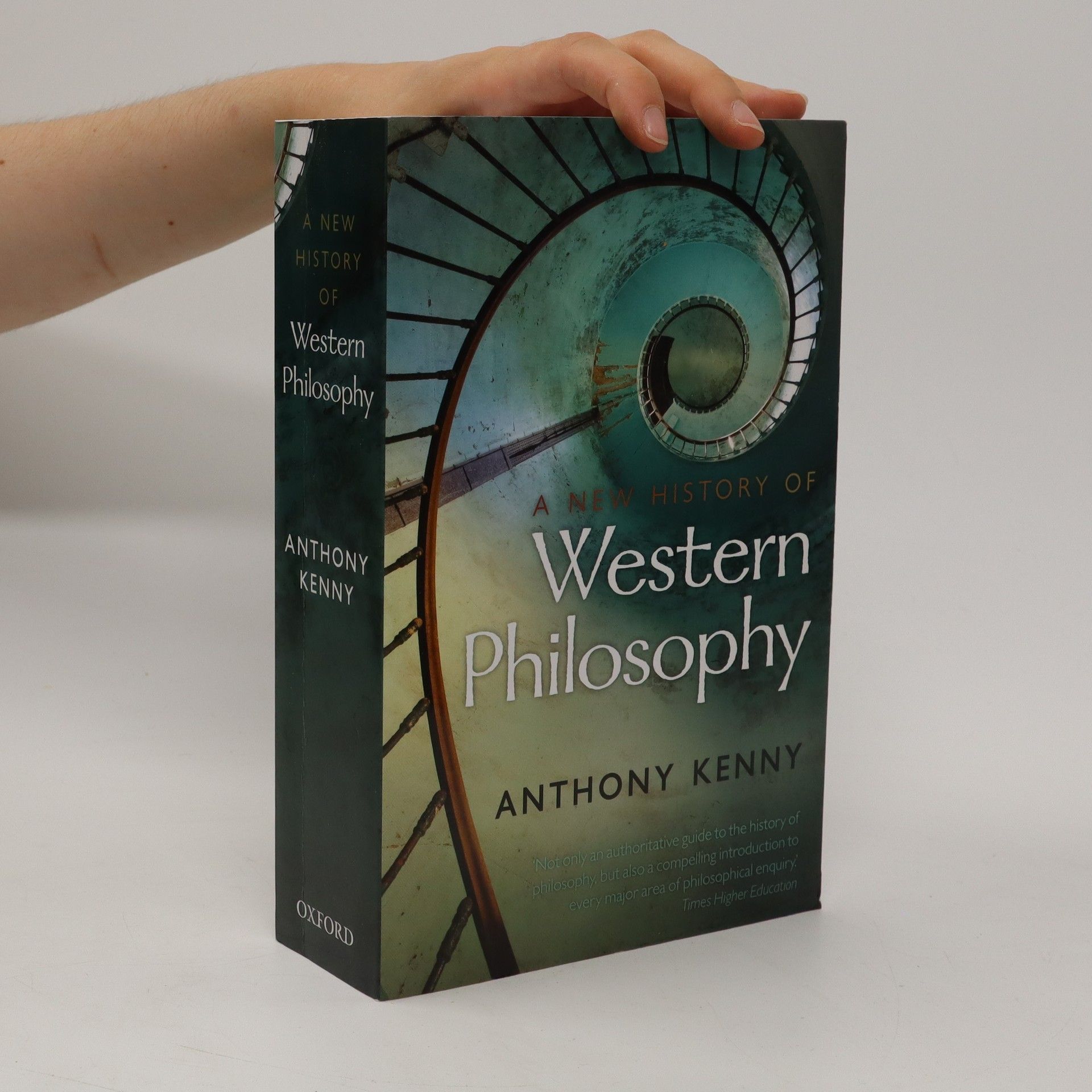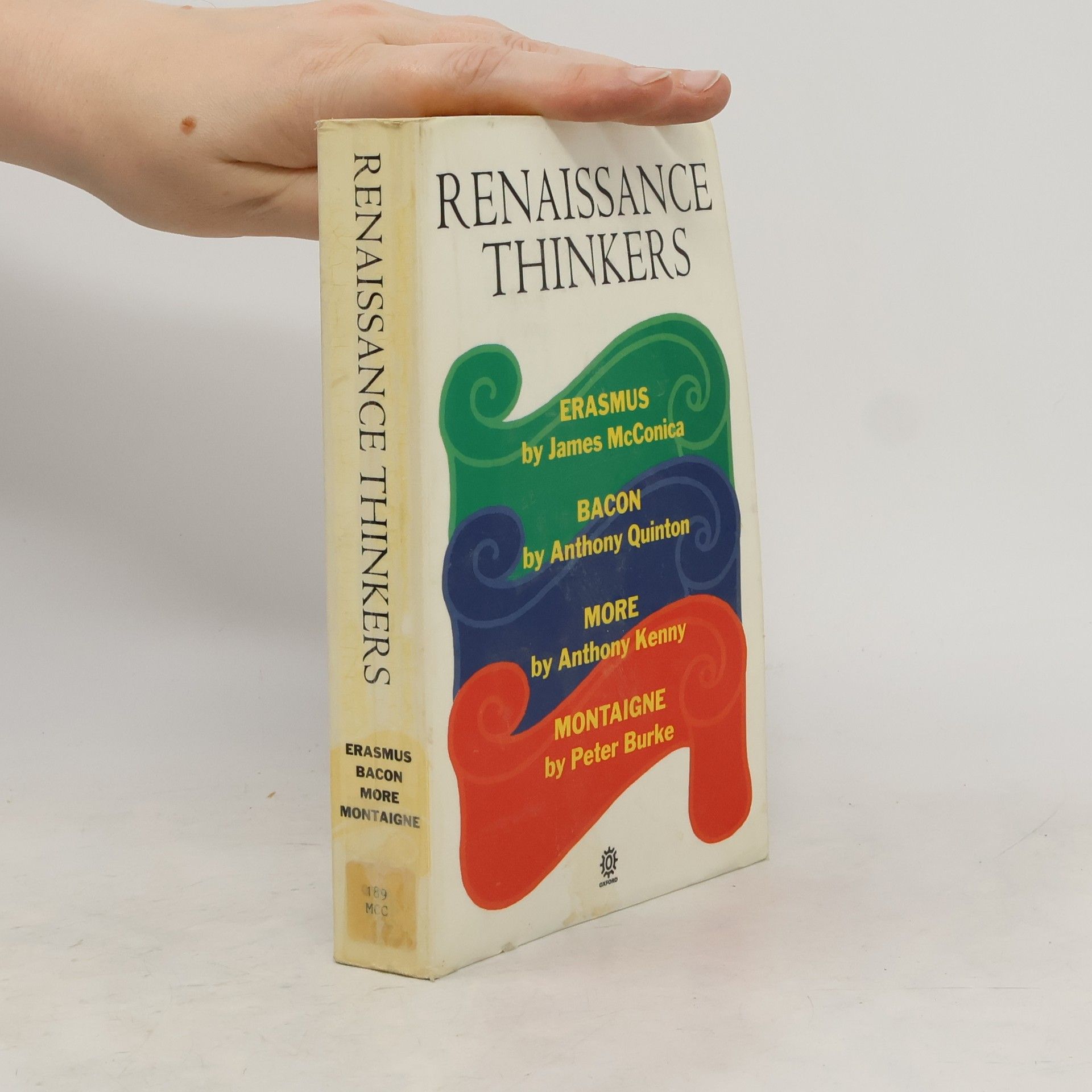Philosophy in the Modern World
A New History of Western Philosophy, Volume 4
- 364pagine
- 13 ore di lettura
The development of philosophy from the early 19th to the late 20th century is explored through the insights of influential thinkers like Schopenhauer, Nietzsche, Heidegger, Sartre, Marx, Wittgenstein, and Russell. Sir Anthony Kenny provides an engaging narrative that highlights the evolution of philosophical thought during this transformative period. This work serves as the concluding volume of Kenny's comprehensive New History of Western Philosophy, offering a deep understanding of key ideas and their impact on the modern intellectual landscape.








